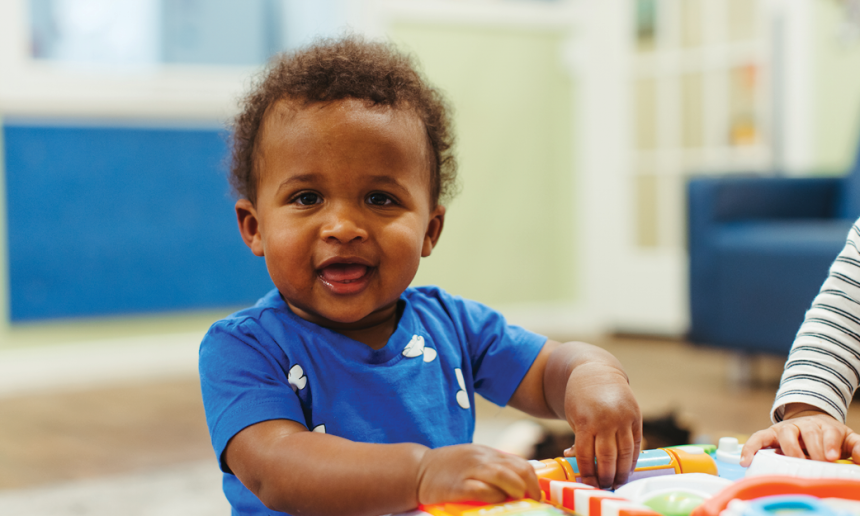
This article was originally published in Every Child magazine Vol. 28 No. 3 2022
Intentional teaching is an important pedagogical practice that educators and teachers use to promote children’s learning and development. The Early Years Learning Framework (EYLF) describes intentional educators and teachers as deliberate, purposeful and thoughtful in their decisions and actions (Department of Education, Employment and Workplace Relations [DEEWR], 2009) (PDF).
Intentional teaching can involve planned experiences as well as the many spontaneous, purposeful decisions that educators and teachers make when responding to children’s ideas, interactions and play.
It may include:
- engaging children in playful experiences
- purposefully stepping back to let children lead the learning
- providing materials or provocations that set the stage for learning
- supporting children during everyday routines
- noticing children’s play and extending their learning
- promoting language skills and reinforcing vocabulary
- practising problem-solving and stretching children’s thinking
- selecting effective ways to assess children’s learning and development
- engaging with families
- learning with and from children.
If you can explain why you are doing what you are doing, and how it is helping children learn, then you are teaching intentionally (Epstein, 2014). Intentional teaching is a way of being, doing and thinking that is embedded in every moment of every day.
The role of evidence in intentional teaching
Intentional teaching encompasses a range of strategies that evidence demonstrates has a positive impact on children’s learning and development, such as sustained shared thinking (Siraj-Blatchford, 2009). Using evidence to inform intentional teaching can help educators and teachers plan, do, assess and reflect (as per the National Quality Standard Element 1.3.1 Assessment and Planning Cycle).
Evidence can help to address some key questions raised by intentional teaching practice, such as:
- What are children learning and what comes next? Evidence about how children learn and develop can help educators and teachers notice and describe children’s progress and understand the next steps in their learning. The Australian Education Research Organisation (AERO) is currently working with partners to develop learning trajectories for key domains of learning and development, such as executive functions and mathematical thinking, embedded in the holistic EYLF outcomes.
- How do children learn and how can we best support them in their learning? Evidence about effective pedagogical practices can help educators and teachers decide how best to support each child’s learning and development.
AERO is working with educators, teachers and early childhood education and care (ECEC) sector leaders to make evidence more accessible and useful for all kinds of pedagogical decision-making. By showing how evidence informs educators’ and teachers’ intentions, actions and reflection, AERO can help lift the professional status of ECEC practice.
Whose intentions matter?
Children and families have their own aspirations for learning and development, which educators and teachers can incorporate into their planning. AERO’s resources on family engagement (3 to 5 years) will help you partner with families to set goals for children’s learning and development that reflect their perspectives.
Children’s intentions are also important. Intentional teaching involves ‘tuning in’ – recognising what children are feeling and thinking, and what their needs and desires are (Barnes, 2012). This means noticing the many purposes of children’s play and interactions, such as gaining attention, investigating a question or expressing something that matters to them. When educators and teachers are responsive and support children (by, for example, asking open-ended questions or ‘wondering aloud’), they stimulate children’s thinking and enrich their learning (Connor, 2012) (PDF).
The best intentional teaching happens when everyone in an ECEC service – children, educators and teachers – is engaged in purposeful play and work, celebrating children’s progress and sharing their learning along the way.